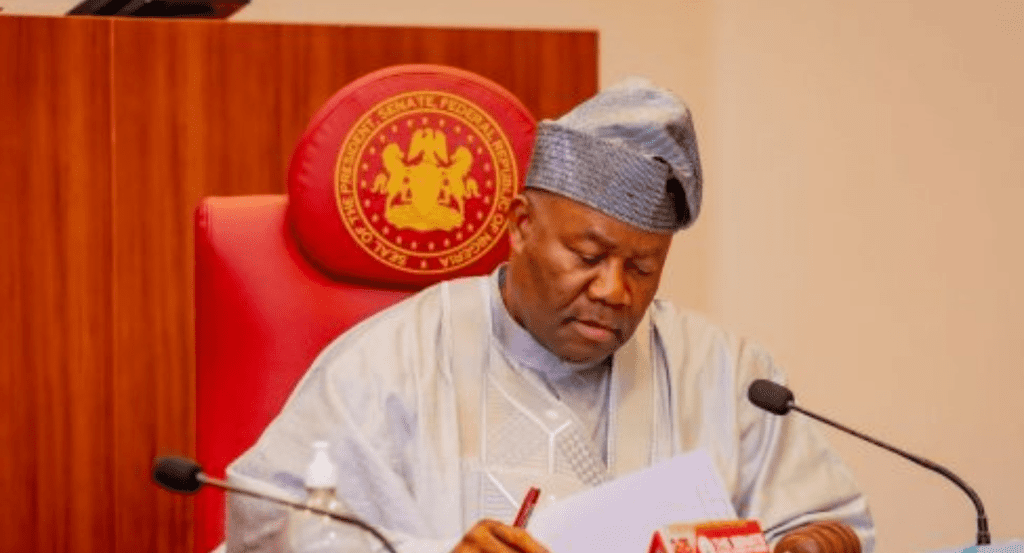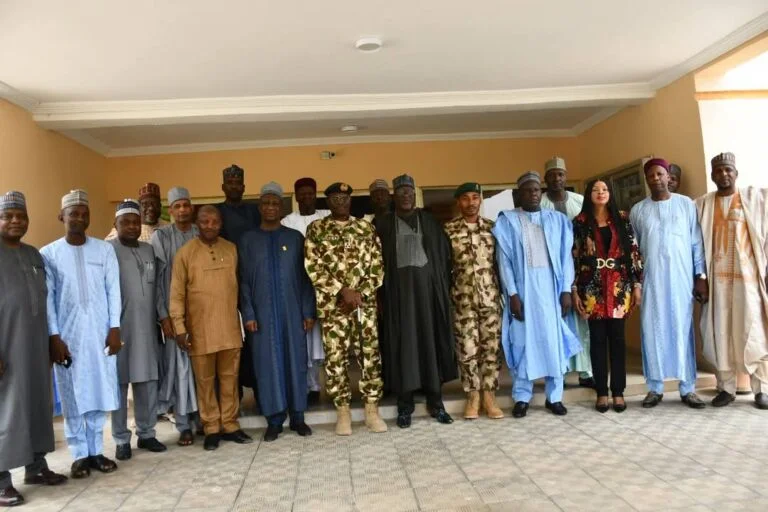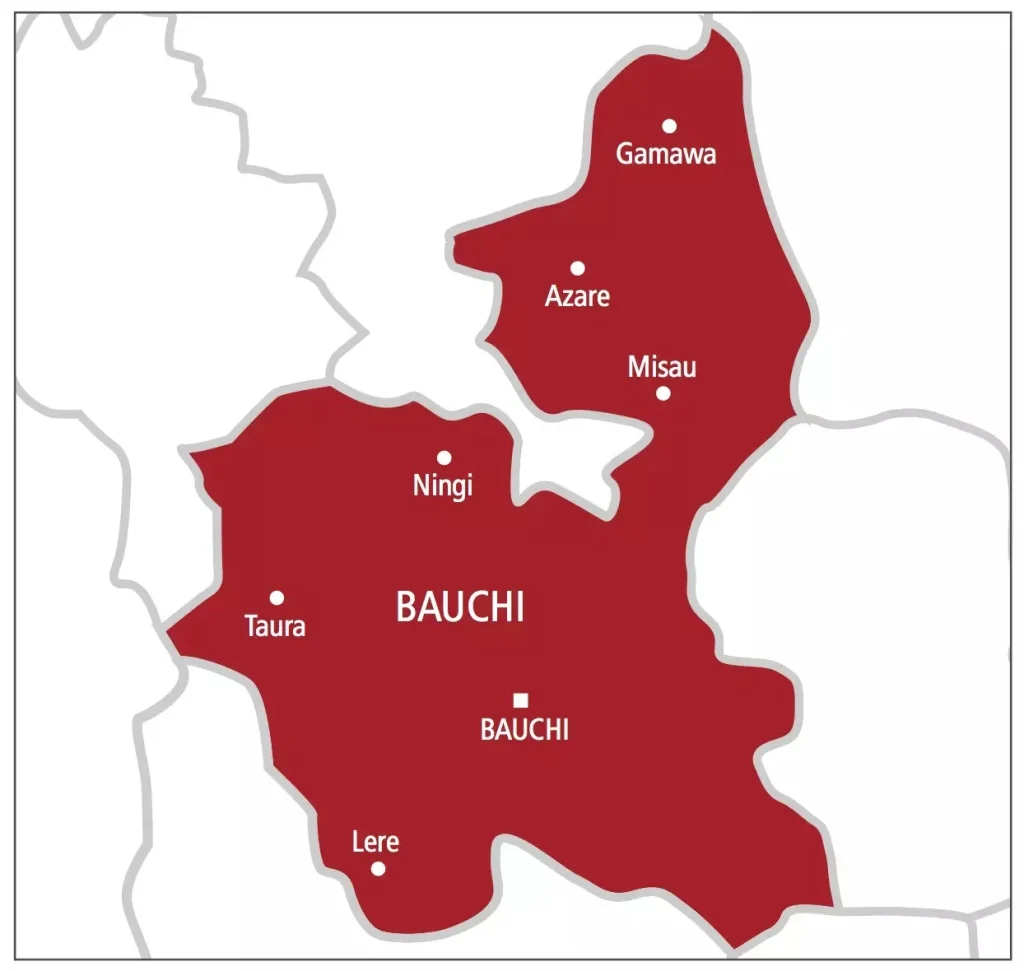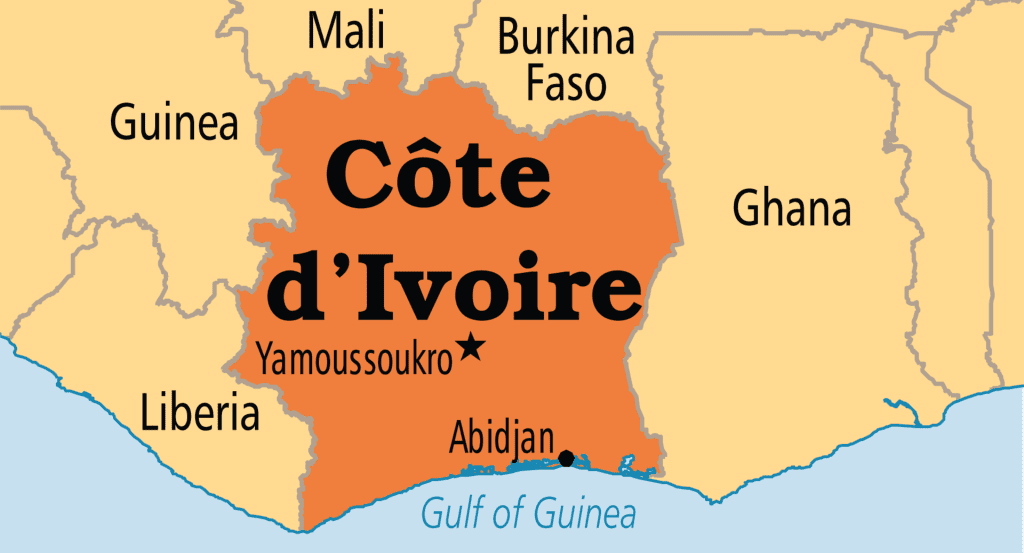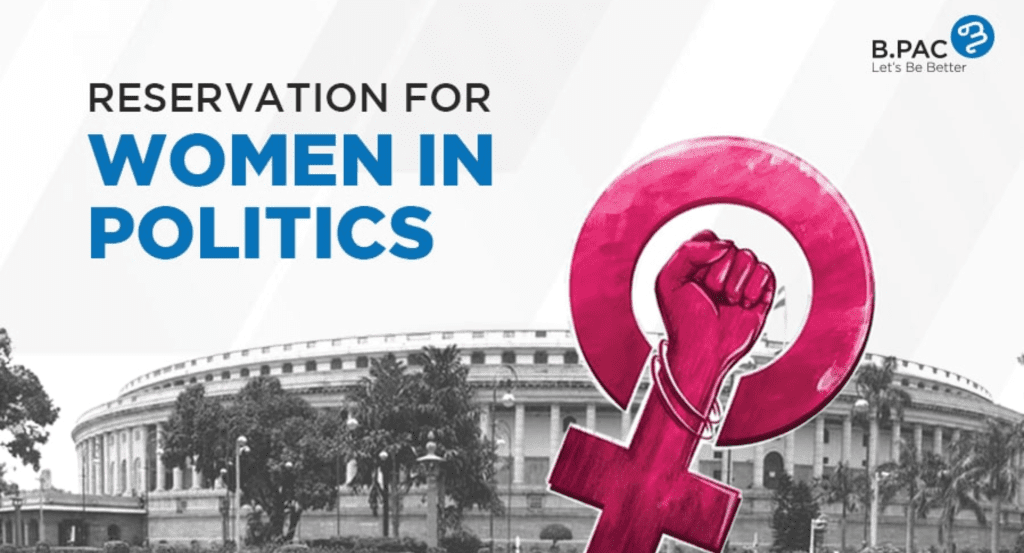The Nigerian Senate has passed the 2025-2027 Medium-Term Expenditure Framework (MTEF) and Fiscal Strategy Paper (FSP), paving the way for the federal government to implement its fiscal plans over the next three years. The approval, which includes a new borrowing plan of ₦9.22 trillion, signals the government’s intention to address its revenue shortfall while pursuing critical economic reforms.
Presented by the Senate Committee on Finance, the framework includes projections for oil production at 1.78 million barrels per day and a benchmark oil price of $73 per barrel. Inflation is projected to average 21.7% in 2025, with a target exchange rate of ₦750 to $1. The framework also outlines ambitious revenue generation goals to support federal spending and economic growth.
During deliberations, senators expressed concerns over rising public debt, urging the federal government to improve revenue collection and diversify income sources. Lawmakers emphasized the need to reduce reliance on borrowing and adopt stricter measures to combat tax evasion and financial leakages.
In a related development, the Senate has launched a probe into the Nigerian National Petroleum Company Limited (NNPCL) over its subsidy refund claims amounting to ₦2.7 trillion. The company is also under scrutiny for an alleged ₦11.54 trillion in unremitted taxes and other revenue discrepancies.
The Senate directed federal auditors to examine the financial activities of the NNPCL, citing the need for transparency and accountability. Senator Sani Musa, who chairs the Committee on Finance, described the subsidy claims as “highly questionable” and called for comprehensive audits to uncover irregularities.
The subsidy issue has reignited debates about its impact on Nigeria’s economy. Many senators argued for expedited removal of fuel subsidies, stressing that funds allocated for subsidies could be better used for infrastructure development and social welfare programs.
Public reaction to the Senate’s approval of the MTEF/FSP and the NNPCL probe has been mixed. While some commend the Senate for its oversight role, others express skepticism about whether the investigations will lead to tangible outcomes. Economic analysts have also raised concerns about the borrowing plan, warning that it could exacerbate Nigeria’s debt burden if not carefully managed.
The Senate’s decisions mark a critical juncture in Nigeria’s fiscal planning, with both the MTEF/FSP and the NNPCL probe expected to shape the nation’s economic trajectory in the coming years.


